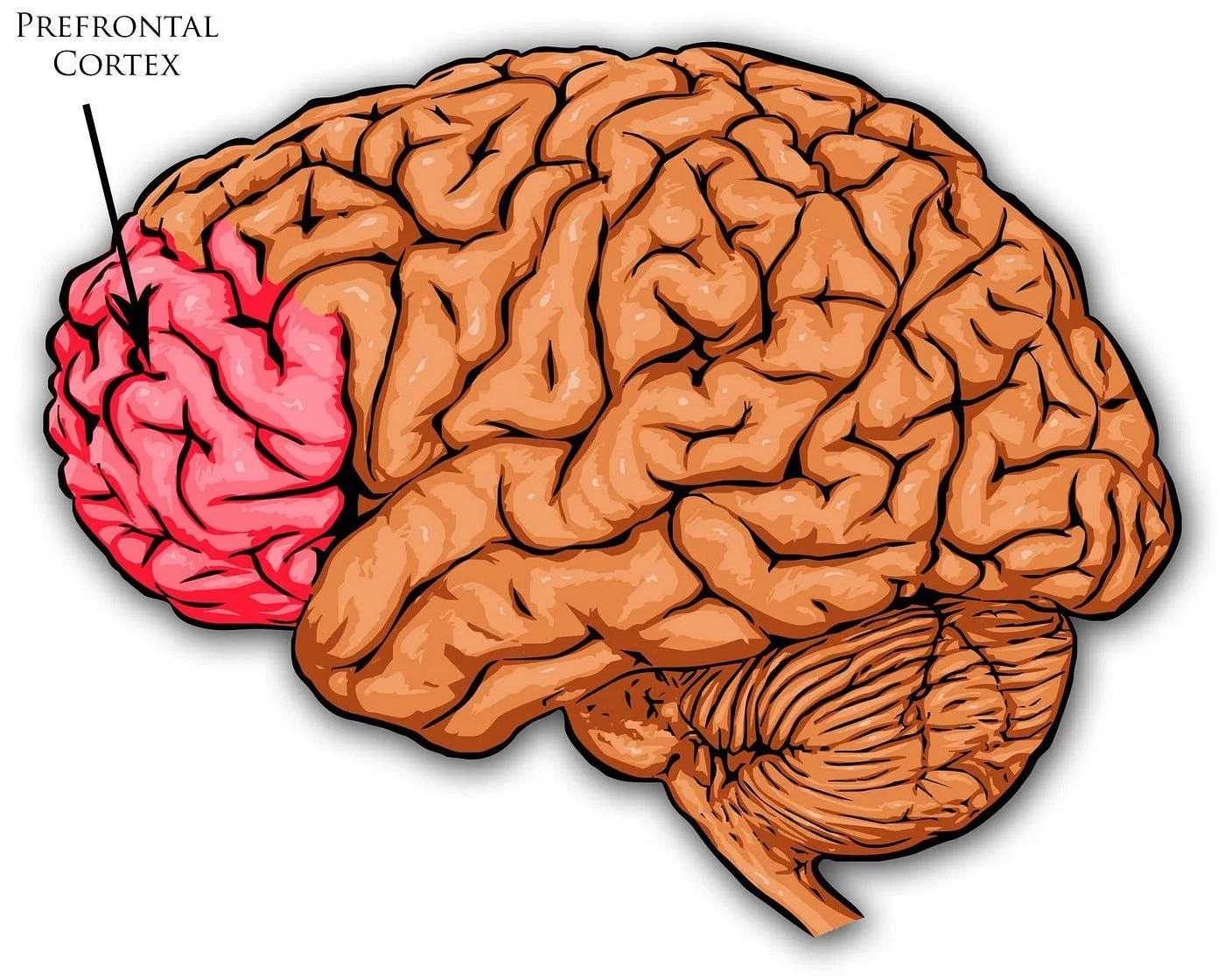The Power of Will: Exploring Its Significance in Psychology and Society
Psychology & Society
By Rami Naboulsi
Source: Medium
Willpower is a fundamental aspect of human behavior that plays a crucial role in various aspects of life. It refers to the ability to control one's impulses, emotions, and actions in order to achieve long-term goals, even in the face of obstacles or temptations. This concept has been extensively studied and analyzed by psychologists, philosophers, and scientists alike, shedding light on its significance in shaping individual behavior and societal dynamics.
From a psychological standpoint, willpower is often viewed as a limited resource that can be depleted over time through exertion and decision-making. According to most psychological scientists, willpower operates like a muscle that can become fatigued with excessive use but can also be strengthened through practice and training (APA, n.d.). This notion is supported by research findings demonstrating that individuals who exhibit high levels of self-control are better equipped to resist immediate gratification and make choices that align with their long-term goals (Duckworth, 2011).
Biologically, willpower involves complex mechanisms within the brain that regulate cognitive processes and behavior. The prefrontal cortex, which is responsible for executive functions such as decision-making and impulse control, plays a central role in exerting self-control (Szutta, 2020). Neurotransmitters like dopamine and serotonin also influence motivation and reward processing, affecting one's ability to regulate impulses and delay gratification (Baumeister & Tierney, 2011). In simpler terms, the brain's executive control system helps individuals override impulses and make rational decisions that serve their long-term interests.
The importance of willpower extends beyond individual behavior to encompass its broader implications for personal success and societal well-being. Personally, individuals with strong willpower are more likely to achieve their goals, whether academic, professional, or personal, by persevering through challenges and setbacks. They exhibit greater resilience in the face of adversity and are better equipped to navigate life's complexities with confidence and determination.
But socially, willpower plays a crucial role in fostering self-discipline and promoting ethical behavior within communities. Individuals with strong self-control are more likely to adhere to societal norms and moral values, contributing to the maintenance of social order and harmony. Furthermore, their ability to resist negative influences and temptations can serve as a positive example for others, inspiring collective efforts towards self-improvement and shared goals.
Willpower truly is a remarkable phenomenon. It is a multifaceted construct that encompasses the ability to regulate impulses, make informed decisions, and pursue long-term goals. It operates at the intersection of psychology, biology, and philosophy, shaping individual behavior and societal dynamics alike. Understanding the mechanisms underlying willpower and cultivating it in oneself can lead to personal growth, success, and fulfillment, while also contributing to the overall well-being of society. Now the real question is… how strong is your willpower?
References
American Psychological Association. (n.d.). What you need to know about willpower: The psychological science of self-control. American Psychological Association. https://www.apa.org/topics/personality/willpower#:~:text=According%20to%20most%20psychological%20scientists,to%20meet%20long%2Dterm%20goals
Baumeister, R., & Tierney, J. (2011) Willpower: Rediscovering the Greatest Human Strength. New York: Penguin Press.
Duckworth, A. (2011). The significance of self-control. Proceedings of the National Academy of Sciences, 108, 2639–2640.
Szutta, N. (2020). The virtues of will-power – from a philosophical & psychological perspective. Ethical Theory and Moral Practice, 23(2), 325–339. https://doi.org/10.1007/s10677-020-10068-1
